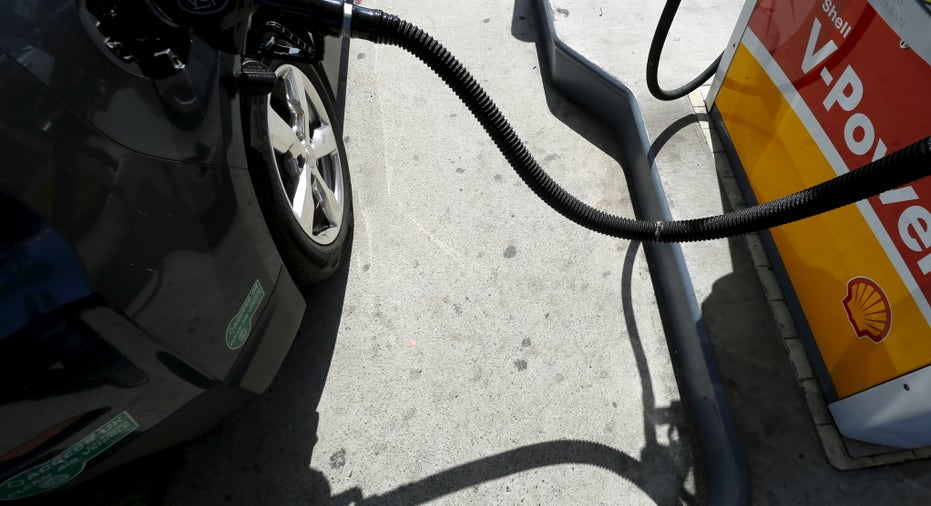U.S. EPA Locks in 2025 Fuel Efficiency Rules

U.S. Environmental Protection Agency chief Gina McCarthy on Friday finalized a determination that the landmark fuel efficiency rules instituted by President Barack Obama should be locked in through 2025, a bid to maintain a key part of his administration's climate legacy.
Major U.S. and foreign automakers have appealed to President-elect Donald Trump, who has been critical of Obama's climate policies, to review the rules requiring them to nearly double fleet-wide fuel efficiency by 2025, saying they impose significant costs and are out of step with consumer preferences.
As part of a 2012 regulation, EPA had to decide by April 2018 whether to modify the 2022-2025 model year vehicle emission rules requiring average fleet-wide efficiency of more than 50 miles per gallon. In November, the agency moved up the timetable for proposing that automakers can meet the 2025 standards.
McCarthy said in a statement her determination, a legally binding decision to maintain the fuel efficiency rules, rests on an extensive technical record.
McCarthy said in her determination the rules are "feasible, practical and appropriate" and in "the best interests of the auto industry."
She told automakers the EPA could consider adopting new rules "to provide additional incentives for very clean technologies or flexibilities that could assist manufacturers with longer term planning."
In 2011, Obama announced agreement with major automakers to raise fuel efficiency standards to 54.5 miles per gallon. This, the administration said, would save motorists $1.7 trillion in fuel costs over the life of the vehicles, but cost the auto industry about $200 billion over 13 years.
In July, EPA said because Americans were buying fewer cars and more SUVs and trucks, it now estimated the fleet will average 50.8 mpg to 52.6 mpg in 2025.
Gloria Bergquist, a spokeswoman for the Alliance of Automobile Manufacturers, a trade association representing General Motors Co, Ford Motor Co, Toyota Motor Corp, Volkswagen AG and others, criticized the decision.
"Our fundamental priority remains striking the right balance to continue fuel economy gains and carbon reduction without compromising consumer affordability and vital auto-sector jobs," she said.
Automakers hope to work with regulators and California, Bergquist said, "to see whether we can find a prudent compromise path forward that avoids an unnecessary and counterproductive regulatory collision."
Environmental groups praised the decision.
Ken Kimmell, president of the Union of Concerned Scientists, said the standards were working.
"Automakers have the technologies to continue their progress in a cost-effective way. It will keep us on track to reduce oil use by 2.4 million barrels a day, cut global warming emissions and keep American-made vehicles competitive in a rapidly-changing global market," he said.
Legal experts have said it will be more difficult for the Trump administration and Congress to undo the determination than to unwind other regulatory actions issued by the Obama administration during its final months in office.
The 2025 determination is not a new regulation, so the EPA, under Trump, would likely have to go through an extensive process before withdrawing the determination, and could face lawsuits from environmental groups if they took that step.
Sierra Club Executive Director Michael Brune said in a statement "a new administration is no reason to shift progress to reverse."
(By David Shepardson; Editing by Bernadette Baum)



















